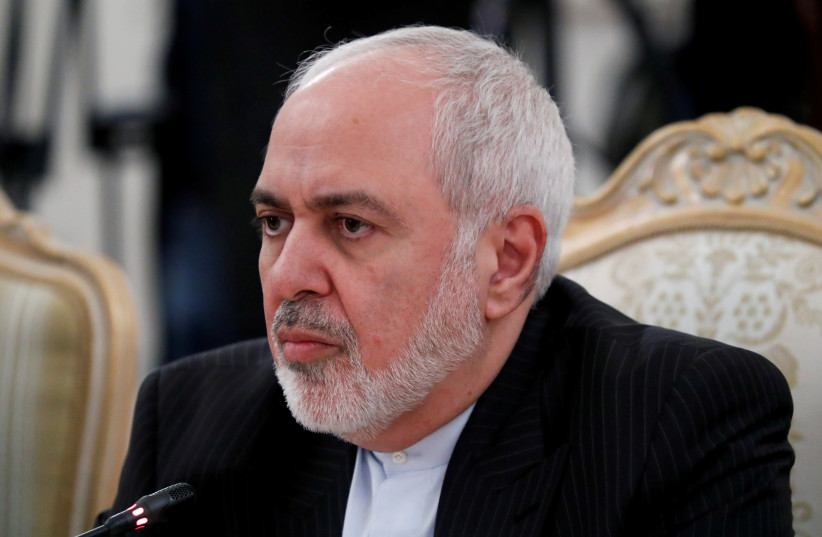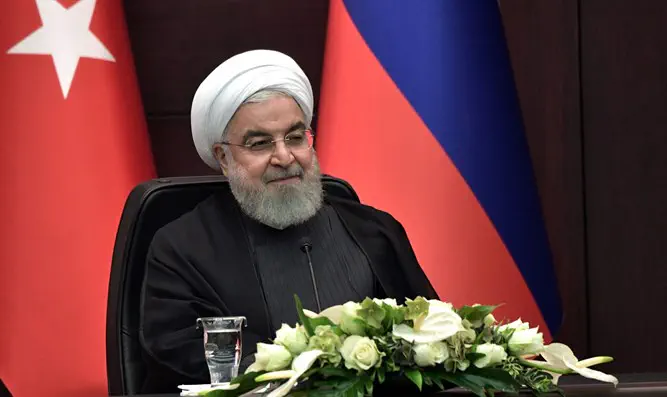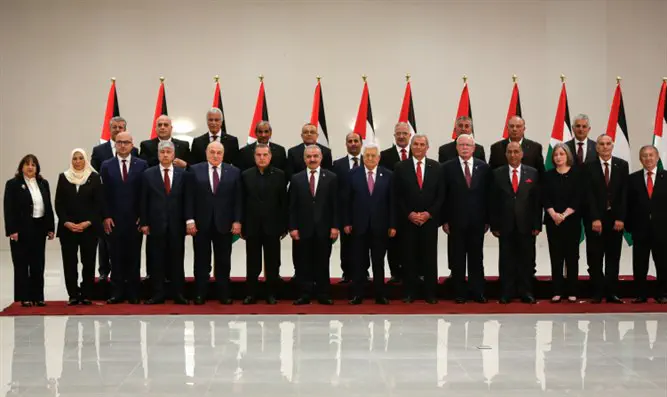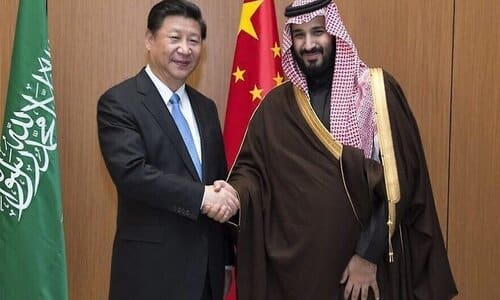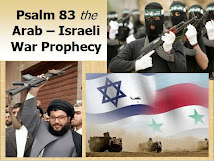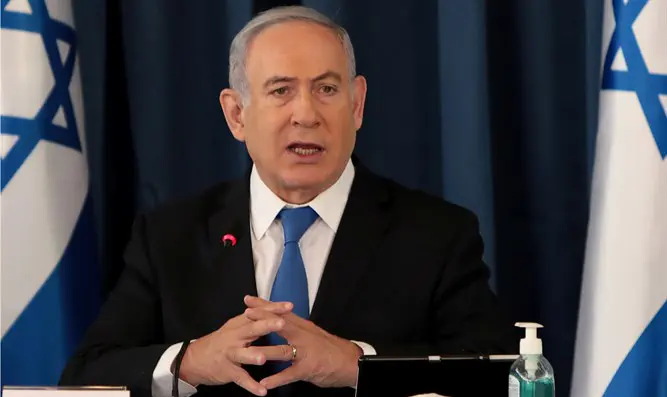
Prime Minister Binyamin Netanyahu issued a special statement to the nation Thursday night in preparation for the tightening of the lockdown restrictions tomorrow afternoon. After expressing appreciation for the dedication of health personnel and citizens who lend a hand to others in need, he said:
"These lcokdown measures are not easy, but saving lives comes first. This is a national emergency. We are at the height of an ongoing war - the Corona War. The entire world is in the throes of the pandemic. The plague is also expected, unfortunately, to take an additional heavy toll in human lives. I am sorry but this is the truth," Netanyahu said.
"There is one simple rule - when you open up the economy, the morbidity goes up. Unfortunately, with the removal of the restrictions, there is a gradual slackening in adherence to health regulations. Those who led this have been populist politicians," he attacked.
"There is a limit to every trick, this is about human life. The health care system is groaning under the pressure. The number of patients is rising and so is the number of deaths. This is a terrible price for their families and for all of us," Netanyahu stated.
Netanyahu added: "Unfortunately, those who led to this situation were populist politicians from the 'anything goes' choir. I heard Yair Lapid this evening during a national emergency mocking the struggle and endangering the lives of Israeli citizens."
"There have been real dilemmas because some of the experts have told us that it is possible to live without a lockdown and have thousands of new cases per day, but we have reached 7000 per day, the number of people dying has risen, and as far as care is concerned, the health care system is not up to it," the prime minister explained. The holiday season is the least damaging to the economy because there are less work days.
He added that after two weeks there will be a slight lowering of restrictions and if things go well, there will be a return to the color coded system of lockdown after that.
"We must show mutual responsibility. We can do it. The State of Israel has gone through many terrible times, this too, will pass and we will come out of it strengthened."
Relating to the demonstrations, he said that they do not harm him politically because people are so upset at the anarchy and violation of corona restrictions, but that they cannot continue because they spread the virus and caused many people to flout the rules. He asserted that democracy does not mean one can hurt other people.
Earlier, Defense Minister Benny Gantz stated: "We are in one of the most difficult crises we have ever known. We are fighting for the lives of the citizens of Israel. I refuse to be drawn into populism, but instead to focus on saving lives and saving society."
"The decision to open the economy was too early, the decision to transfer the responsibility for cutting off the chain of infection to the IDF came too late," the defense minister added.
"This is not a struggle between protesters and worshipers, this is not a virus that only affects the haredim or secular. This is a war for our lives, the incitement brought by certain interested parties between parts of the people must not prevail.
